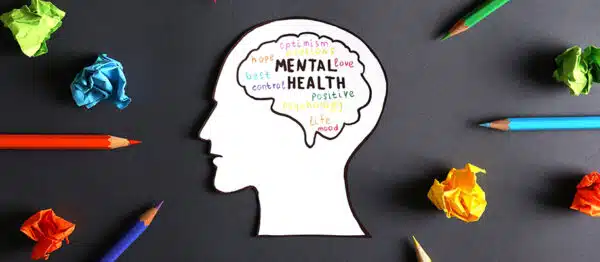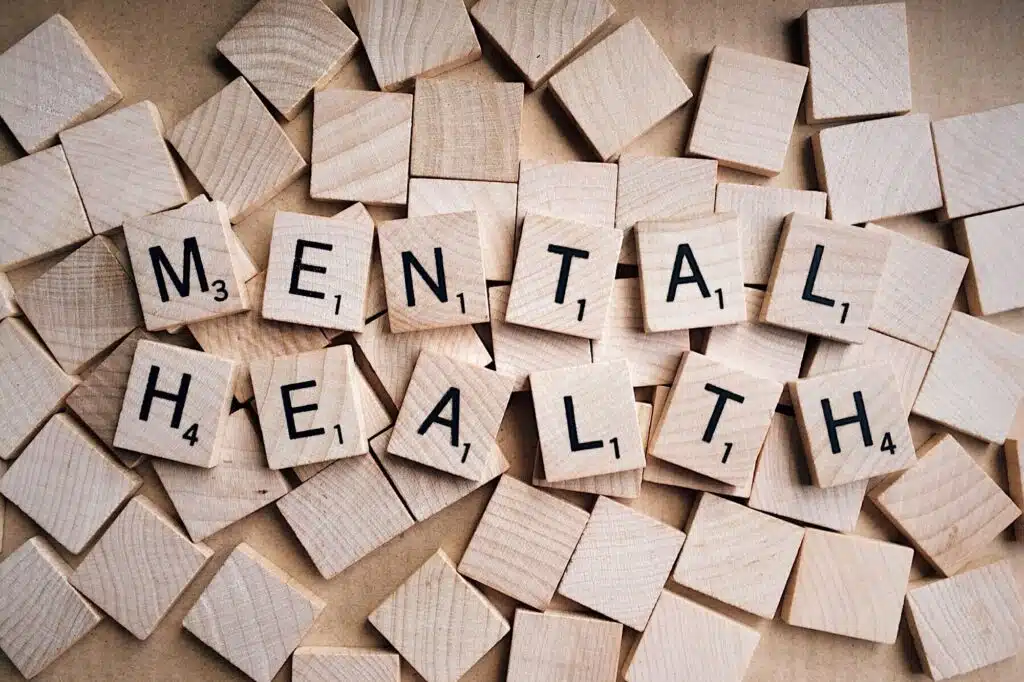In an era where discussions on physical health are routine, there’s a crucial piece of our well-being that’s often sidelined – our mental health.
Why is mental health important, you may ask?
Well, the answer lies at the core of our overall well-being. Mental health influences how we think, feel, behave, and handle stress in our everyday. It’s paramount to our relationships, personal growth, and even our physical health. Despite its importance, a damaging stigma is often associated with mental health issues, discouraging people from seeking the help they need. Let’s shed some light on this topic, break the stigma, and bring mental health to the forefront of our societal consciousness.
Good mental health is integral to living a balanced, fulfilling life. It affects our decision-making process, how we cope with stress, and how we relate to others in our lives. Notably, mental health also impacts physical health. According to research from Better Health Channel Australia, mental health disorders can increase the risk for many types of physical health problems, including stroke, type 2 diabetes, and heart disease. Moreover, mental well-being can actually influence the outcomes of individuals with chronic health conditions.
However, despite its clear significance, mental health is often neglected due to the negative connotations associated with it. This stigma results in misconceptions and stereotypes that can exacerbate mental health problems and impede individuals from seeking the right help. For instance, some people mistakenly view mental health problems as a personal failing, something to be embarrassed about, rather than a genuine health condition, fostering feelings of guilt and shame. This needs to change.
Understanding is key. We need to comprehend that mental health disorders are a part of human experience. According to the World Health Organization, around 970 million people worldwide live with mental illnesses. That’s one in eight people, a clear indication that these experiences are far more common than we often take the time to realise.

Education plays a pivotal role in promoting mental health awareness and eliminating stigma. When people are informed about mental health, the fear of the unknown recedes. They understand mental health conditions are not signs of weakness or character flaws but legitimate health concerns that need to be addressed just like any physical health problems. Educating people about the reality of mental health can encourage empathy and understanding, essential tools for breaking the stigma.
“What mental health needs is more sunlight, more candor, and more unashamed conversation.” — Glenn Close, an Accomplished Actress and Mental Health Advocate
This is where institutions like EDUCARE come into play. EDUCARE is committed to providing medical and health education services, including psychiatry, psychology, occupational therapy, and behavioural therapy. Our team of professionals assists children, teenagers, and adults in building the intellectual, emotional, social, and behavioural skills they need to thrive. Furthermore, we work to support and enhance the mental well-being of young and older adults alike.
EDUCARE has been assisting individuals dealing with mental health challenges for over 25 years. Our multidisciplinary approach ensures that everyone has the support they need, fostering a holistic path to recovery. One of our major aims is to create a safe space where clients feel comfortable discussing their mental health concerns. By doing so, we actively contribute to mental health awareness and the breaking down of associated stigma.
Despite the challenges, great strides have been made in mental health awareness. But there’s still a long way to go. It’s vital to keep the conversation going.
“Mental health is not a destination, but a process. It’s about how you drive, not where you’re going.” —Noam Shpancer, PhD
Mental health issues are not something that we should feel uncomfortable talking about. Instead, they should be conversations that we are open to having, encouraging, and participating in. Breaking the stigma starts with understanding why mental health is important and acknowledging that mental health conditions are nothing to be ashamed of.
Let’s continue to challenge the stigma surrounding mental health. Let’s continue to learn, discuss, and foster understanding. Because in a world where you can be anything, be kind – not just to others, but also to yourself. And remember, whether you or someone you love is struggling, help is available. Don’t hesitate to reach out EDUCARE. After all, mental health matters, and so do you.
FAQs
What is the importance of mental health?
Mental health is crucial as it affects our thoughts, emotions, behaviors, and how we handle stress. It is vital for our relationships, personal growth, and physical health..
Why is there a stigma around mental health?
Stigma arises from misconceptions and stereotypes, often resulting in people viewing mental health issues as personal failings rather than health conditions.
How can we break the stigma associated with mental health?
We can break the stigma through understanding and education about mental health issues, promoting empathy, and encouraging open conversations.
Why is mental health important to physical health?
Mental health impacts physical health. Studies have shown that mental health disorders can increase the risk for many types of physical health problems, including stroke, type 2 diabetes, and heart disease.
How prevalent are mental health issues globally?
According to the World Health Organization, around 970 million people worldwide live with mental illnesses, indicating that these experiences are far more common than we often realize.
How does EDUCARE contribute to mental health awareness and breaking the stigma?
EDUCARE provides a safe space for individuals to discuss their mental health concerns and offers a multidisciplinary approach to support their journey to recovery, thus actively contributing to mental health awareness and breaking down stigma.
What role does education play in breaking mental health stigma?
Education is key in breaking mental health stigma. It helps people understand that mental health conditions are not signs of weakness or character flaws, but legitimate health concerns that need to be addressed.
How can individuals contribute to breaking the mental health stigma?
Individuals can contribute by promoting open conversations about mental health, fostering understanding, and supporting those dealing with mental health issues.
Want to explore more about mental health? Schedule an appointment with one of our specialist team members.




